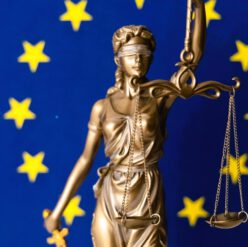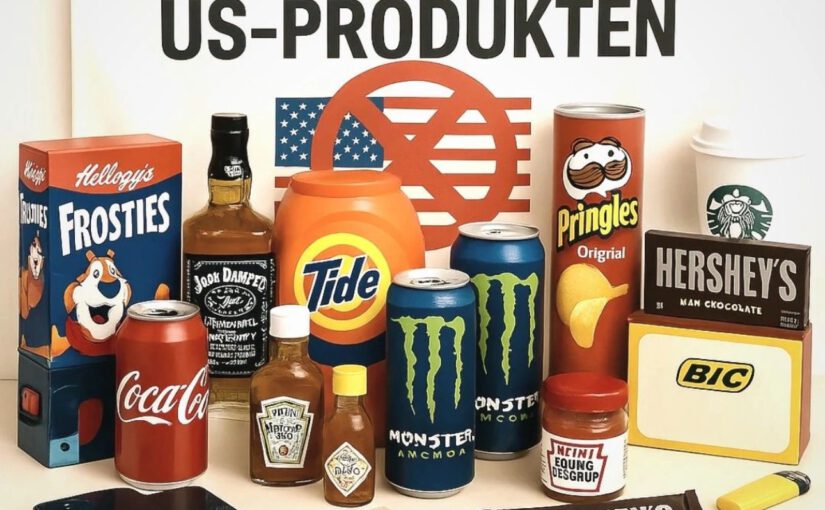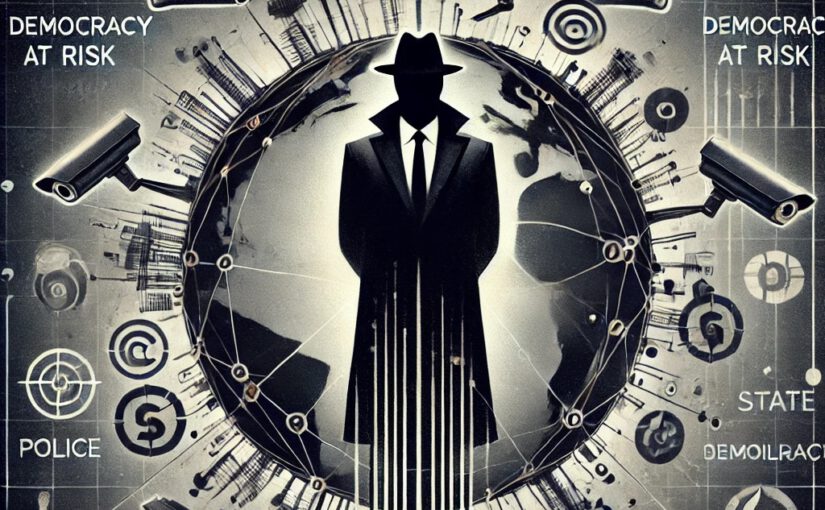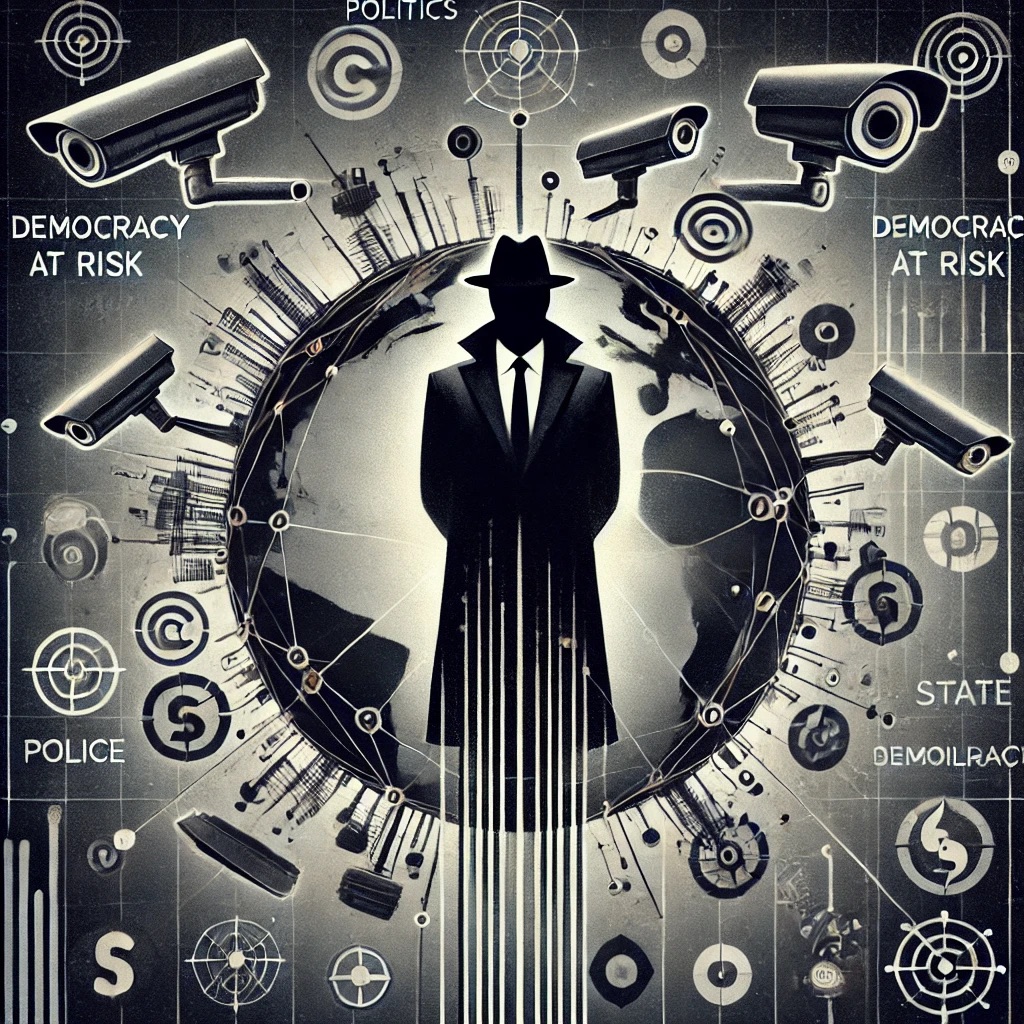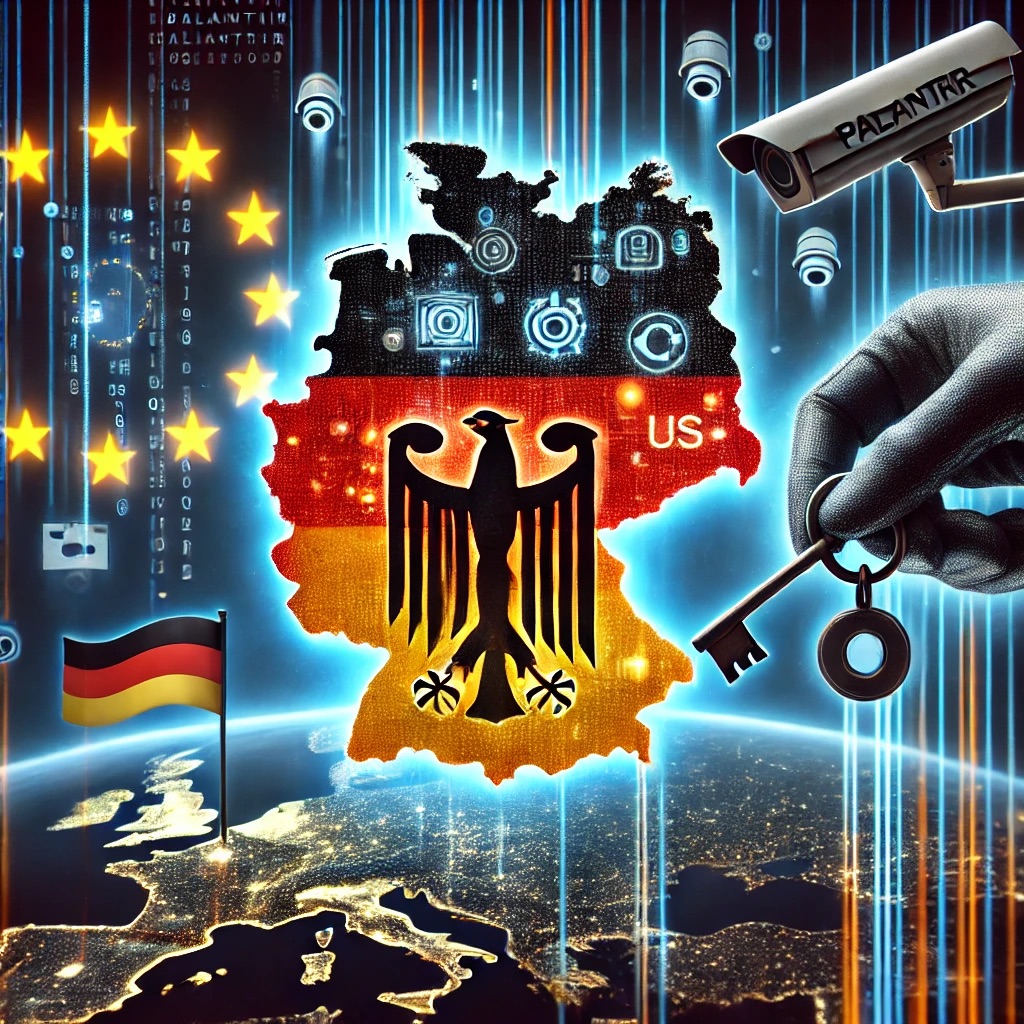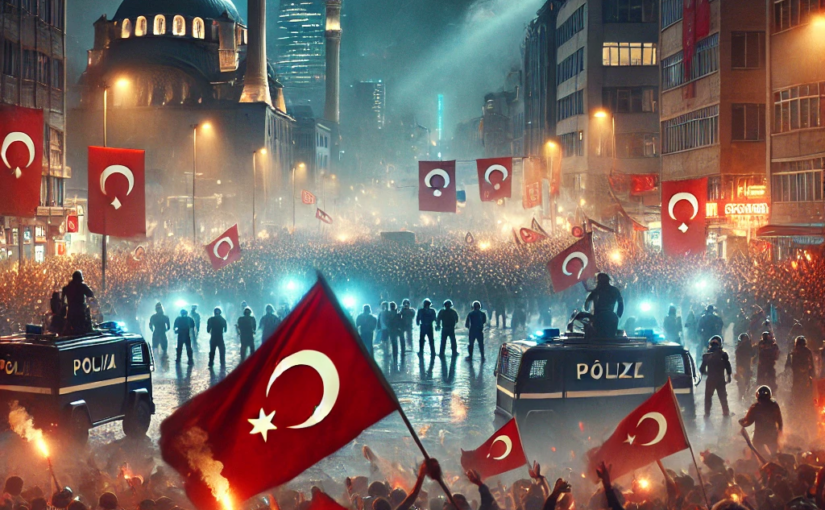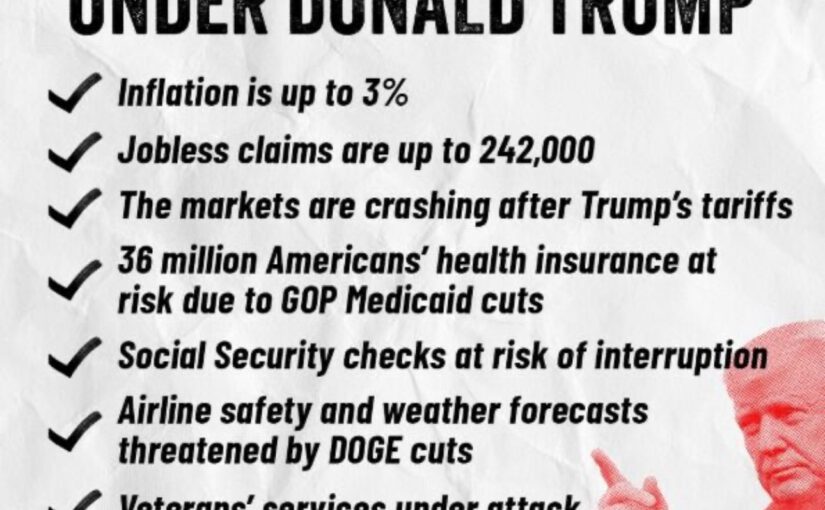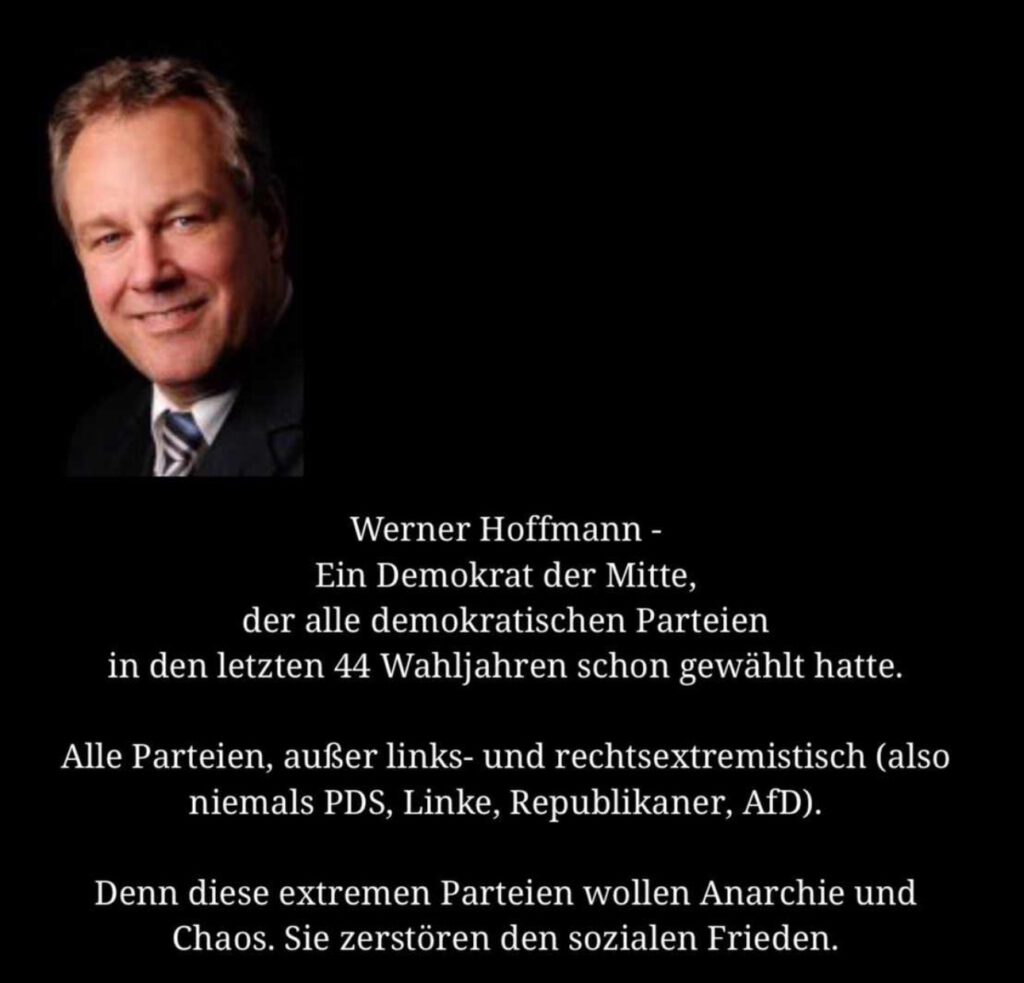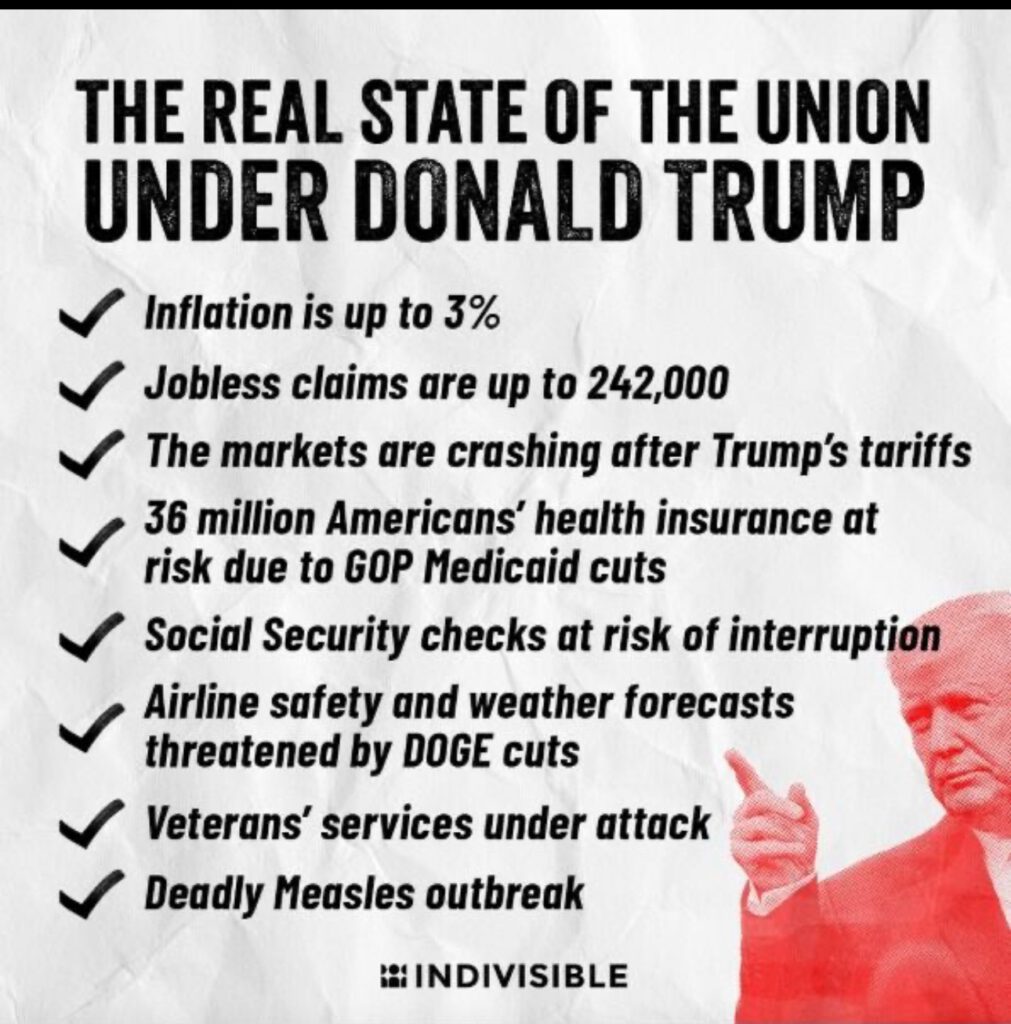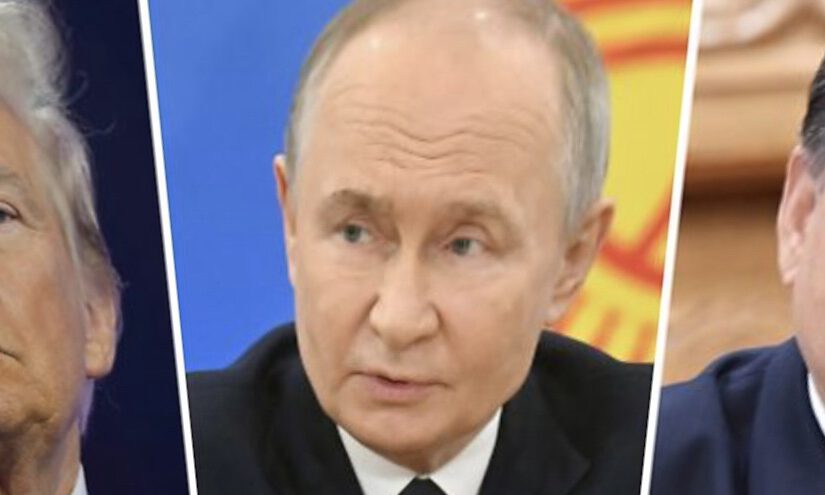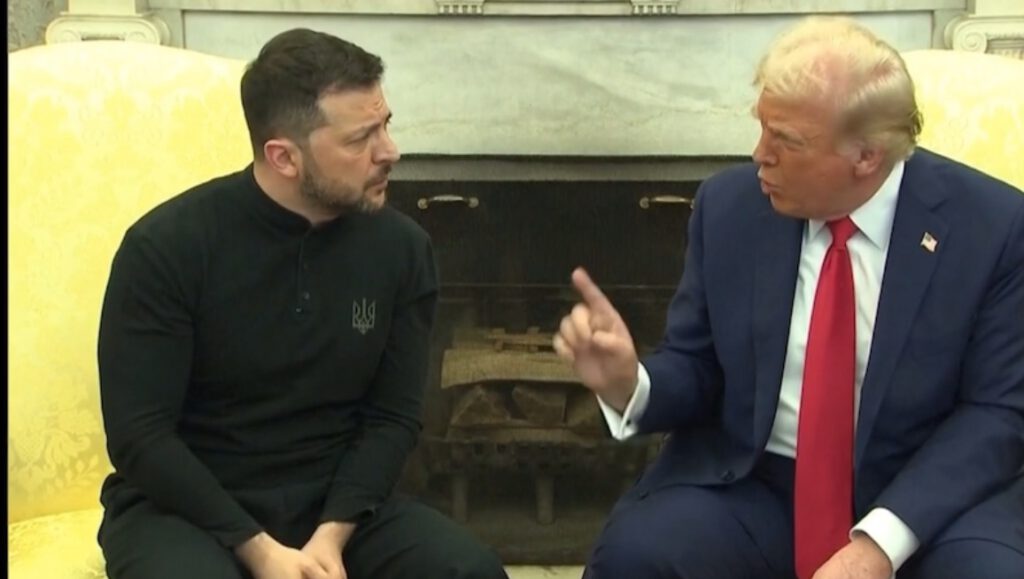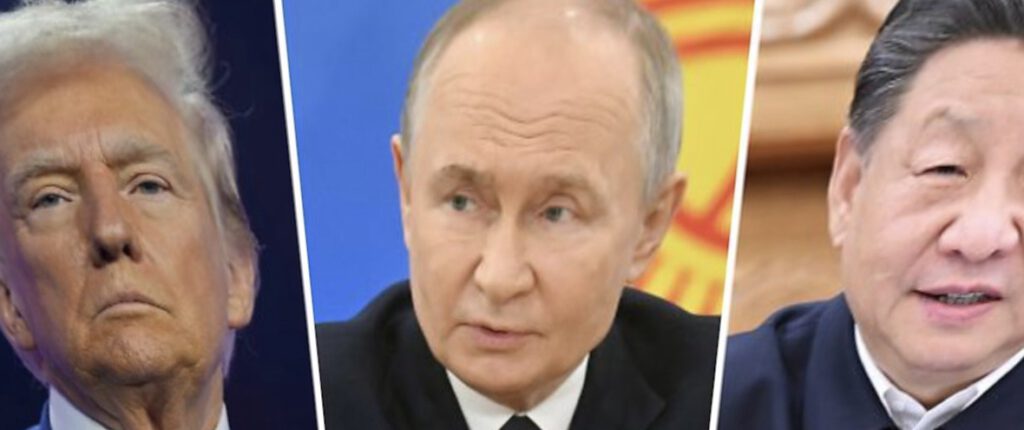A post by

What’s happening in the U.S. right now deeply troubles me—just like it probably troubles everyone here.
When governments start restructuring museums, banning exhibitions, and deliberately removing critical art and literature, that’s no longer conservative politics—it’s authoritarian. Totalitarian. Fascist.
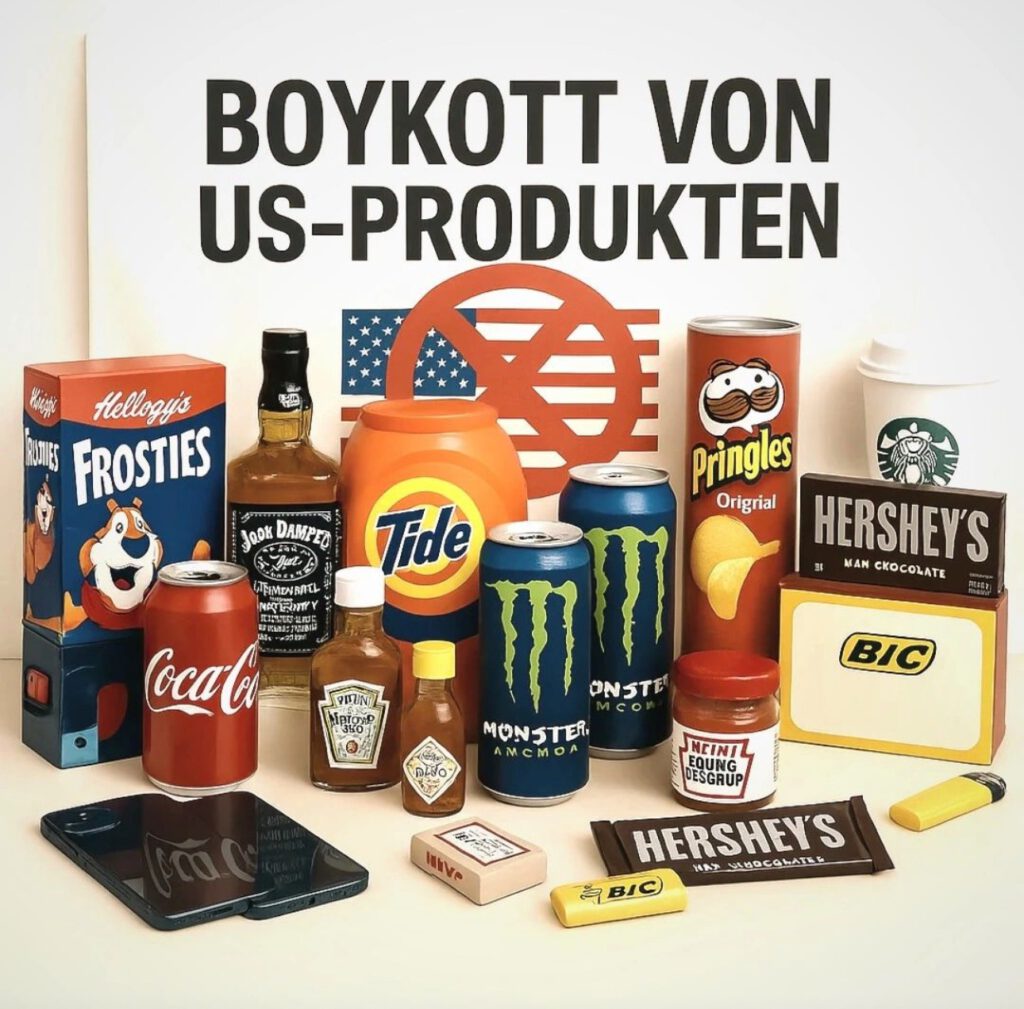
Anyone who ideologically “cleanses” culture is attacking the very core of an open society.
From now on, I will boycott American products—at least as far as I reasonably can. Not out of hostility, not even out of outrage. But out of responsibility and a desire to feel empowered. A complete boycott isn’t realistic, but targeted choices where alternatives exist are absolutely possible.
Big corporations, in particular, are sensitive to public signals. This isn’t about moral purity—it’s about making an impact. I’ll also reward those who openly oppose Trump—whether companies, voices, or creatives.
Some possible #boycott targets include:
- Streaming & Digital Subscriptions
Apple TV+, Netflix, Disney+, Amazon Prime Video, YouTube Premium
→ Cancel or pause subscriptions. Use alternatives like Arte, Magenta, or public broadcasting media libraries. - Technology – Hardware & Devices
Apple (iPhone, Mac), Microsoft (Surface), Google (Pixel), Amazon (Alexa, Kindle)
→ Consider European or Asian alternatives when buying new devices. Repair instead of replace. - Automotive & Mobility
Tesla, Jeep, Chrysler, Dodge, Uber, Lime, Bird, Spin (U.S.-based locations)
→ Switch to European or Asian models. Buy used instead of new. Support public transportation. - Fashion & Lifestyle
Nike, Levi’s, GAP, Calvin Klein, Tommy Hilfiger, Converse, New Balance, Victoria’s Secret
→ Prefer sustainable European brands. Shop second-hand. - Food & Snacks
Coca-Cola, Pepsi, Kellogg’s, Mars, Mondelez (Oreo, Milka), Heinz, Hershey’s
→ Shop locally and support smaller brands. - U.S. Chains & Restaurants
McDonald’s, Burger King, Starbucks, KFC, Subway, Dunkin’
→ Support regional eateries and local cafés. Avoid fast food. - Travel & Tourism
U.S. travel and U.S. airlines (e.g., Delta, American Airlines, United)
→ Choose destinations with liberal cultural policies. Fly with European carriers. - Finance & Payment Services
Visa, Mastercard, PayPal
→ Where possible, switch to European alternatives or use direct bank transfers.
I know this won’t be convenient. And it remains contradictory—I’m posting this on LinkedIn, a U.S. platform.
But that’s precisely the point: I’m using its reach to raise awareness. A silent boycott only works if it becomes visible. Also: much of this might benefit both body and mind.
If you feel the same, share this post with your own statement.
P.S. The “BIC” in the photo is incorrect. I can’t change the image anymore.
Of course, the first step is to cut out all U.S. products that are (perhaps even easily) replaceable. And if it’s easy, maybe 20 million others will follow.
Comment by

– Democracy of the Center, because extremist wings destroy the nation –
Thank you, Mirko, for this clear and courageous post!
I fully agree:
Democratic countries must become much more aware of their market power.
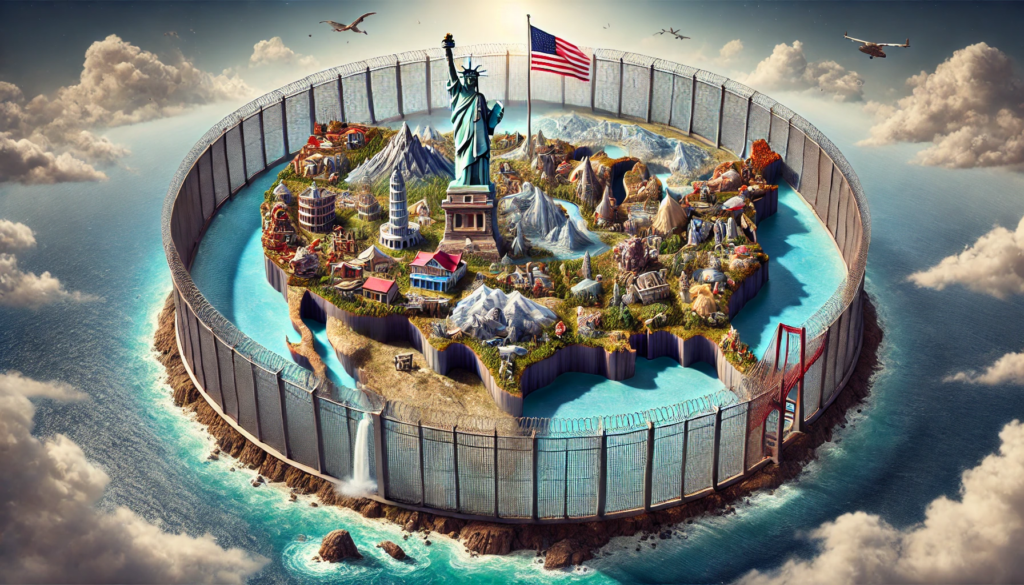
The U.S. has around 330 million people – impressive, sure.
But the European Union already has over 450 million, plus:
- 67 million in the UK,
- 39 million in Canada,
- Over 1.4 billion in India,
- 126 million in Japan,
- 52 million in South Korea,
- 26 million in Australia,
- And nearly 5 million in New Zealand.
Altogether, this “coalition of willing democracies” represents more than 2.5 billion people living in free, democratic societies—and thus wields enormous economic, cultural, and political power.
Trump and his supporters need to realize: we don’t depend on them—they depend on us.
The defense of democracy doesn’t start in the voting booth alone—it begins with our daily behavior.
And yes, that includes our consumption. Those who consciously choose products that stand for democratic values (or avoid those that trample them) are taking real, tangible responsibility.
Of course, no one has to throw their iPhone in the trash. But when buying the next one, you can explore alternatives. And let’s be honest: no one needs Coca-Cola or Pepsi to survive.
I, too, started keeping a personal boycott list years ago—initially for Russia, but now it has expanded significantly. I’ve published two articles outlining my thoughts and criteria:
- My Personal Sanctions List: These Countries I Avoid as a Democrat and European
→ Link below * - Every Purchase Funds Autocrats! Why We Must Radically Change Our Consumer Habits—And How My Personal Sanctions List Helps
→ Link below **
It’s not just about the U.S., but also about German companies that:
- Continue doing business with autocracies like Russia,
- Promote or tolerate anti-democratic or far-right ideologies,
- Engage in tax avoidance that actively harms the state—and all of us.
Democracy starts at the checkout counter. And the more visible this silent boycott becomes, the greater its impact.
Thank you for raising this crucial issue!
Links to the Articles Mentioned Above
- Mirko Lange’s Post and Comments on LinkedIn:
View the Post on LinkedIn - * My Personal Sanctions List: These Countries I Avoid as a Democrat and European
Read it on blog-demokratie.de - ** Every Purchase Funds Autocrats! Why We Must Radically Change Our Consumer Habits—And How My Personal Sanctions List Helps
Read it on blog-demokratie.de
